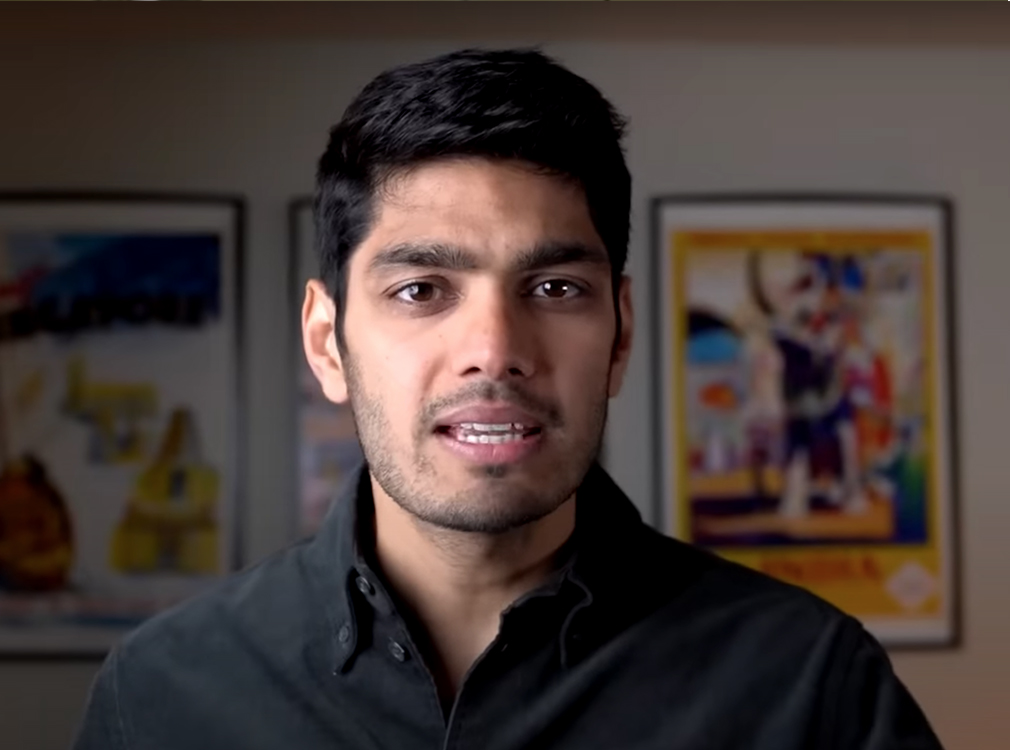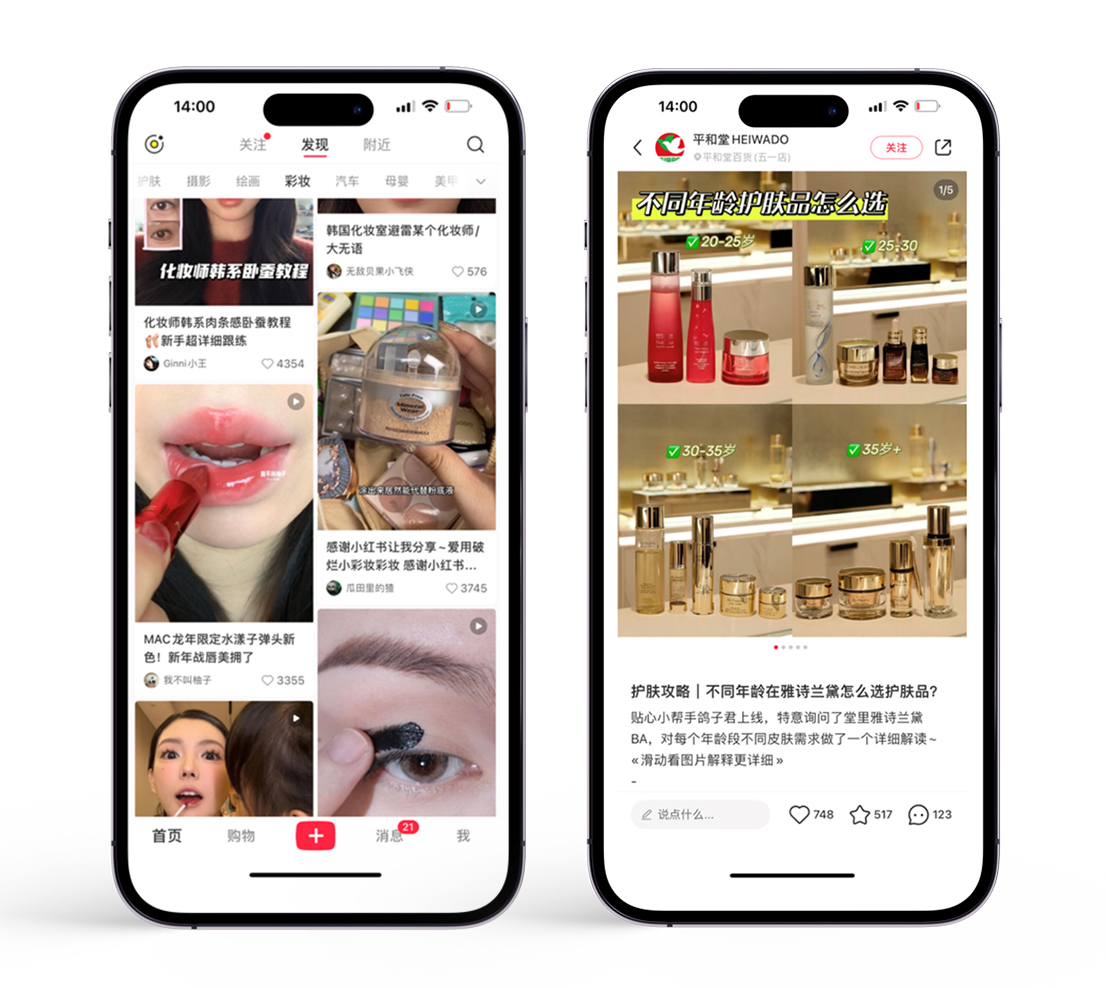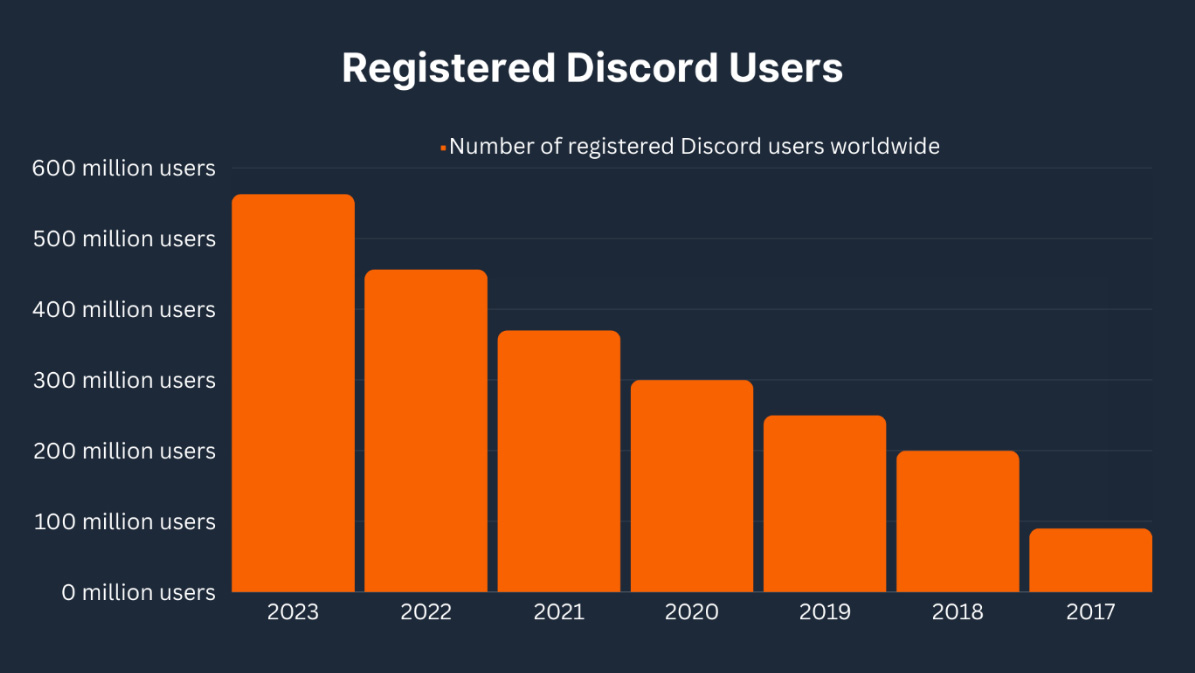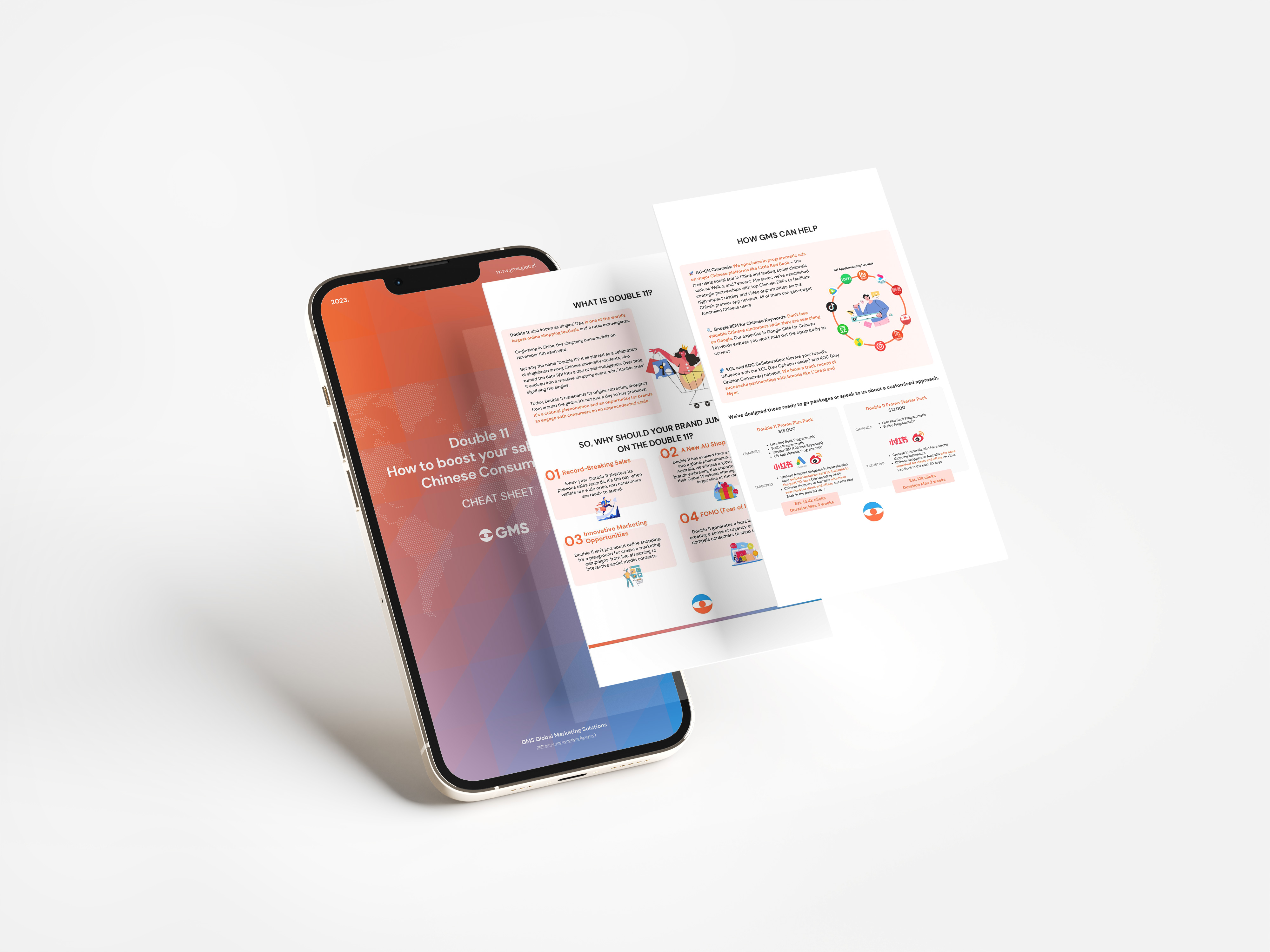Introduction to Peer Authority
The Rise and Rise of Peer Authority™: shifting influences in consumer decision-making
In recent years, there has been a significant shift in the way consumers make decisions, moving away from traditional forms of influence and toward a new era of authenticity and relatability. This transition represents a fundamental change in consumer behaviour where the authority of influencers has evolved from sources such as celebrities or experts to peer figures.
Traditional approaches to advertising often relied on endorsements from well-known personalities or industry leaders to influence consumer choices. However, this landscape has been reshaped by the rise of peer recommendations, reflecting a preference for authenticity and trustworthiness. A discussion paper by GMS encourages marketing and advertising leaders to delve beyond the surface of channel selection and understand the profound implications of this shift on our strategies.
Peer Authority™, coined by GMS, describes the phenomenon of the rising influence of peers on consumer decision-making. An in-depth understanding of Peer Authority™ suggests its implications are much more than simply selecting a particular channel or influencer, it importantly extends to the entire communication strategy.
While traditional authority influencers such as celebrities and experts still play a role in consumer decision-making, the influence of Peer Authority™ is gaining prominence across the globe.
In collectivist cultures such as India and China, this trend is far more advanced as the influence of peers distinctly shapes media usage and innovation (Shavitt & Barnes, 2020). The success of APPs like China's Little Red Book, the popularity of Q&A forums in India and even the exponential growth of YouTube UGC is explained to some extent by the rise of Peer Authority™. The impact of peer endorsement is especially recognized in categories like health and beauty, and new product launches where authenticity in recommendations is paramount.
To understand Peer Authority™ is to holistically understand the cultural nuances of how consumers search for affirmation, information and influence and therefore, how they discover brands and shape their consideration sets. By approaching marketing through this lens, Peer Authority™ can inform the language and content we use, the types of influencers we partner, and our overall communication strategy.
How does this impact communication strategy beyond influencer selection?
Despite the enormous penetration globally of Facebook, Global Web Index research shows a decline in the overall influence of Facebook as a source of brand discovery, giving way to the new media platforms that can provide more authentic forms of endorsement. Selecting the media channel and the context will determine how influential and effective a brand’s messaging can be.
Indeed, the ecosystem of Facebook is just one example of how effecting change is beyond simply the channel selection. Lin (2014) found that on China’s Tmal.com, user reviews were more effective than system reviews at increasing sales. Ultimately, an environment that provides endorsement, perceived or otherwise, by “people just like me” is likely to be more influential.
This means when we decide on products such as cosmetics, health, or education, consumers are increasingly influenced by someone who appears to be more genuine in their recommendation rather than the popular endorsement of a celebrity or brand ambassador.

Mohak is typical of people “just like me” building profiles on social media by presenting authenticity and relatability. He now boasts 2.88 million subscribers to his YouTube channel.
The Market Evidence

A report by Xiaohongshu (Little Red Book) 2022 found ordinary users have the greatest influence even comparable to that of "professional bloggers".
GMS acknowledges the significance of micro-influencers in advertising today but recognizes an underlying sociological shift in consumers that is impacting the media landscape more broadly (Gupta & Mahajan, 2019). Peer Authority™ resonates with this market trend as more and more consumers are valuing peer recommendations, such as micro-influencers, when discovering new products and services.
The rise of Peer Authority™ has changed the way we use social media, our expectations from social media and the way we react to brand communication. From the GMS point of view, it is important to understand its relativity across cultures because this phenomenon appears to be more advanced in Asia than in Australia.
It is demonstrated in the early development and popularity of ecommerce sites and APPs that feature user-generated content and KOLs such as Little Red Book in China, a review APP that now dominates influencer marketing in that country. Not to be confused with the collection of quotes of Mao Zedong’s, Xiaohongshu or Little Red Book is often described as China’s Instagram, but this disguises its origins from the rise of Peer Authority™.
Red was originally created in 2014 to allow Chinese consumers to share their tips, experiences, photos and reviews of products that invariably were international luxury brands and health products not easily found in China. Users could search genuine user generated content in an electronic word of mouth (eWOM) forum. It quickly developed ecommerce features but in reality, it is not like any western social media platform yet has features and functions that can be likened to Instagram, Pintrist, Amazon and Facebook.
The APP satisfied a growing demand for more trustworthy buying information. Now it is arguably the most powerful and important product and commerce site for brands and services targeting Chinese even outside of China. Any style of influencer has established accounts and can be engaged by advertisers along with the platform’s own advertising functions.
In a country like India changing brand sentiment and affinity is not so much about using micro-influencers, but more about the type of influencers and what sort of language is used (content, context, tone, etc.), and the topics tied around that language.
Of course, for cultures who most value authoritative endorsement (cultures of high power-distance; Hofstede, 1984) celebrity endorsers are still highly influential, however, the consumer evaluation of celebrity endorsement and advertisement is mediated by expertise and trust perception (Winterich, Gangwar, & Grewal, 2018), variables that further studies identify as characteristics of peer endorsement.
In its application, Peer Authority™ is about what is culturally important or authentic being woven into long form content or discussion. For China, it is the type of platform we are using that dictates the type of influencer, and subsequently creates the consumer perception that my peers and my community will be feeling the same sentiment towards a brand as I do.
However, in Australia, this sociological shift is more about keeping up with innovative market trends rather than having a cultural affinity. Australian mainstream consumers act more individualistically in their decisions but are still being increasingly influenced by people who do not appear to have a commercial interest.
In this sense, we gravitate to social media platforms that promote these values. If we look at the way Facebook has been used over the last ten years according to Global Web Index data, there is generally a downward trend of users saying that their reason for using social media is for finding or researching products to purchase.
A Practical Application
Indian international students aiming for top-tier institutions like the Group of 8 Australian universities are often highly ambitious. Given the competitive nature of admissions in top-tier universities, prospective students seek real strategies and pathways from peers and alumni on Q&A forums which provide them with diverse, detailed, and authentic insights that branded websites or paid sponsorships do not.
Platforms like Reddit and Quora, for which this participant cohort over indexes compared to peers seeking admission to lower tier institutions, offer communities where they can connect with “people like me”. Apart from presenting as advertising channels, consumer behaviour on forums guides us on the way we use any media channel and the type of messaging that will make the greatest impact.
As this global trend continues to evolve, businesses and marketers must adapt and prioritize Peer Authority™ as a central element of their marketing strategies to remain relevant and resonate with consumers in an ever-changing digital landscape. The trend extends to consumer's expectation of brands to prove their positioning and claims (Ozdemir et al., 2020). It goes beyond an increasing need to produce proof points to appear genuine and authentic as consumer reviews will dissect their ethical commitments.

Forums such as Discord have shown enormous growth in registered users but also as a source of authenticity and relatability. Discord Inc 2023

George Pesutto, CEO at GMS Global Marketing Solutions, says,
"Marketers must consider the implications of Peer Authority as a practice when deciding a tag line, talent, content subject and even their brand purpose statements."
Resonating and effecting change is equally about engaging with those that your specific target audience is being most influenced by and understanding what content in that environment is most effective. It extends to the customer journey and what they experience about your brand. Planting discoverable brand positioning content in places the brand will be reviewed is especially important for market entry.”
It's critical not to treat every diverse audience the same so understanding the nuances in behaviour and consumption can be a better way of successful marketing.
At GMS, we pride ourselves on in-depth market research and data-driven insights, so we support our theoretical claims with peer-reviewed journals, traffic analytics (e.g. https://www.similarweb.com/), and consumer trend research (e.g. https://www.gwi.com/). Our research into cultural nuances is often derived or supported by these datasets.”
Contact us
If you would like to further explore the ideas outlined in this article or obtain a copy of our full discussion paper on Peer Authority™ where the full list of sources is available, please contact George Pesutto, CEO, GMS Global Marketing Solutions at
GMS Global Marketing Solutions is an integrated advertising agency specialising in international and multicultural marketing utilising sociological theory and critical research to produce a customer-focused and digitally led approach to advertising strategy and media planning and buying.






